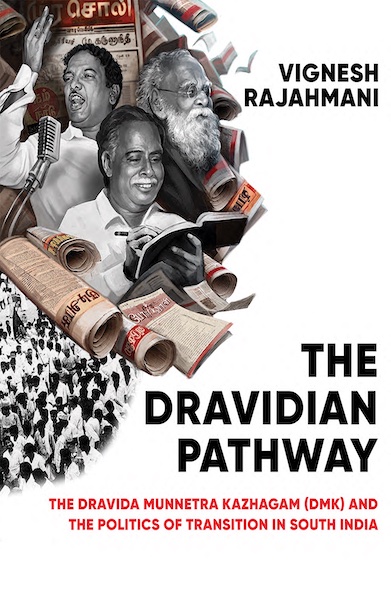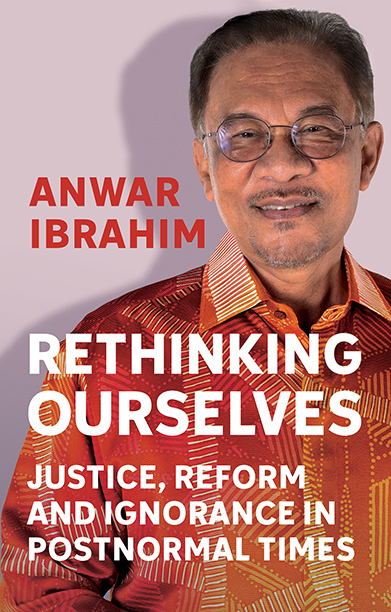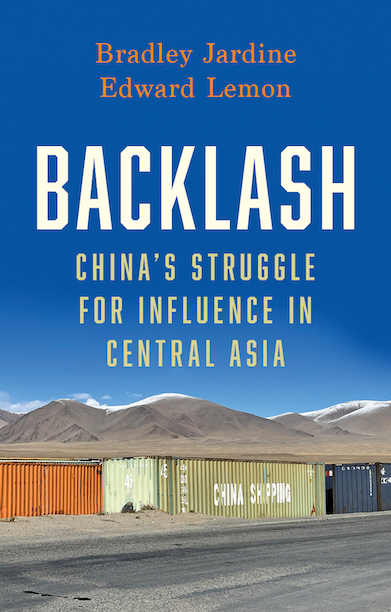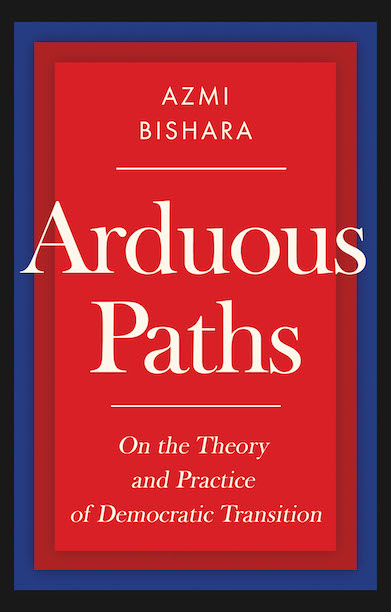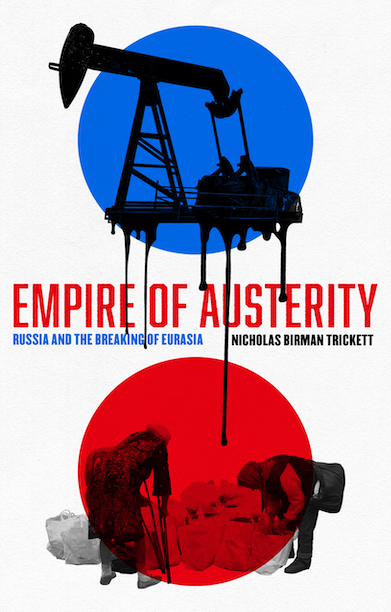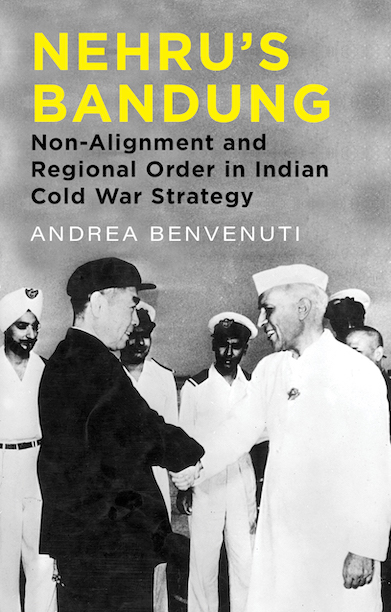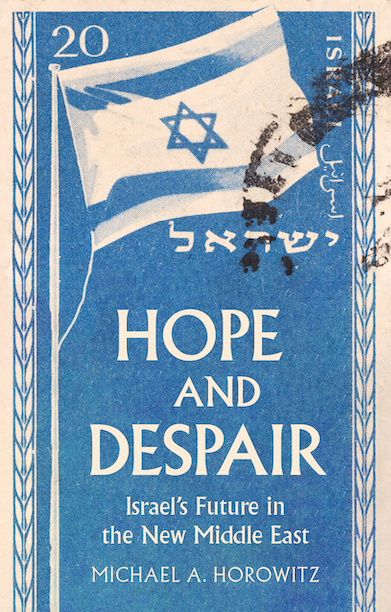The Dravidian Pathway
The Dravida Munnetra Kazhagam (DMK) and the Politics of Transition in South India
Chronicles the transformation of a Dravidian socio-cultural movement into an electorally viable political party in Tamil Nadu.
Description
The Dravidian Pathway is a timely contribution to public and scholarly understanding of South Indian politics, examining a pivotal period in the rise to power of the Tamil Nadu party Dravida Munnetra Kazhagam (the Dravidian Progressive Federation, or DMK).
The scholarly canon on social movements and/or electoral politics has largely neglected the interplay between the two, focusing only on outcomes. Vignesh Rajahmani’s innovative, detailed study of the Dravidian movement explores the strategic leadership of DMK and non-DMK figures like Periyar E.V. Ramasamy, C.N. Annadurai, M. Karunanidhi and K. Kamaraj. It illustrates their synthesis of anti-caste ideology, socioeconomic and educational mobility, and inclusive Dravidian-Tamil identity, and considers why that vision resonated with marginalised communities.
Tracing the early DMK years, from the party’s social justice campaigns to its landmark electoral victory in 1967, Rajahmani highlights the challenges of navigating ideological commitments within the constraints of political pragmatism, while also making politics accessible to the common person. He explains how iterations on the initial ideology and political offering can reinvigorate such movements, keeping their politics agile and incentivising inclusive policymaking. He also shows how the DMK shaped Tamil Nadu’s counter-hegemonic political identity, which has proven electorally resilient in spite of majoritarian onslaughts.
Reviews
‘Original and insightful.’ — The Wire
‘The definitive study of one of India’s most important social movements and the political party it gave rise to, Rajahmani’s book is exemplary in showing how a history of discrimination can successfully produce a politics of egalitarianism and upward mobility.’ — Faisal Devji, Beit Professor of Global and Imperial History, University of Oxford
‘The Dravidian Pathway offers fresh insights and incisive analysis that help us understand how and why a socio-cultural movement was able to transform itself into a successful political force and drive development in new directions. A valuable addition to the large and growing literature on the “Dravidian-Tamil” ethos and the “Dravidian Model” of governance and development.’ — N. Ram, former Editor-in-Chief of The Hindu
‘A masterful account of how ideas become institutions, and movements become governments … a compelling exploration of the Dravidian movement’s transformation into the political juggernaut that is the DMK. This book is essential reading for anyone interested in contemporary Indian politics, for it shows us that majoritarianism is not the only pathway to power—social reform is not just a viable political strategy, it is rich with democratic possibilities too.’ — Siddharth Varadarajan, founding editor, The Wire
‘A compelling and timely account of the formation of Dravidian-Tamil identity. Meticulously researched, it brings together an altogether new and comprehensive approach to our understanding of India’s democracy, combining archival research, interviews, and electoral data. Ideas and interests, coalitions and contests, personality and populism are measured in Rajahmani’s stimulating book.’ — Shruti Kapila, author of Violent Fraternity: Indian Political Thought in the Global Age
‘A pathbreaking and sophisticated study of South Indian politics, The Dravidian Pathway shows how a fluid definition to ethnicity and imaginative approach to political mobilisation allowed the DMK to become a regionally dominant political force. An impressive work, which anyone interested in Indian politics needs to read.’ — Jon Wilson, Nanyang Technological University, author of India Conquered: Britain’s Raj and the Chaos of Empire
‘In this important and original contribution to the political history of Tamil Nadu, Rajahmani shows how the DMK transformed the Dravidian Movement into a dominant political party by constructing a public sphere via its network of “reading rooms”. In so doing, he casts new light on the deepening of democratic politics in the early decades of the Indian republic.’ — Srinath Raghavan, author of Indira Gandhi and the Years that Transformed India
Author(s)

Vignesh Rajahmani is a postdoctoral research fellow in Indian and Indonesian politics at the Royal Netherlands Institute of Southeast Asian and Caribbean Studies, with a PhD in Political Science and Public Policy from King’s College London. He is also a postdoctoral affiliate at the Center for Information, Technology and Public Life at the University of North Carolina at Chapel Hill, and a research affiliate at the King’s India Institute, King’s College London. Rajahmani has over five years of professional experience in public policy, legislative research and political consulting, including his advisory work on a range of Indian parties’ electoral strategies and manifestos, at regional and national level. His research interests include public policy, politics of mobilisation, democratic development, the interplay between domestic politics and foreign policy, and political communication in the age of social media.
